What happens when you start hearing voices?
An investigation into the unheard realities of people living with auditory hallucinations

The human brain is one of life’s great mysteries, with scientific answers to its dazzling complexities still few and far between.
We like to think we are in control of our thoughts and feelings. Yet mastery over our own minds is further from our reach than we might like to admit.
What happens then, when this shaky and tenuous link between our conscious mind, and the deeper darker depths of our brain gets tested? When the boundary between inner and outer worlds gets blurred past a point of no return?
For someone who hears voices, independent of themselves and anyone else, this frightening hypothesis becomes a daily reality and one which can be mistreated and misunderstood by medical professionals and public discourse.
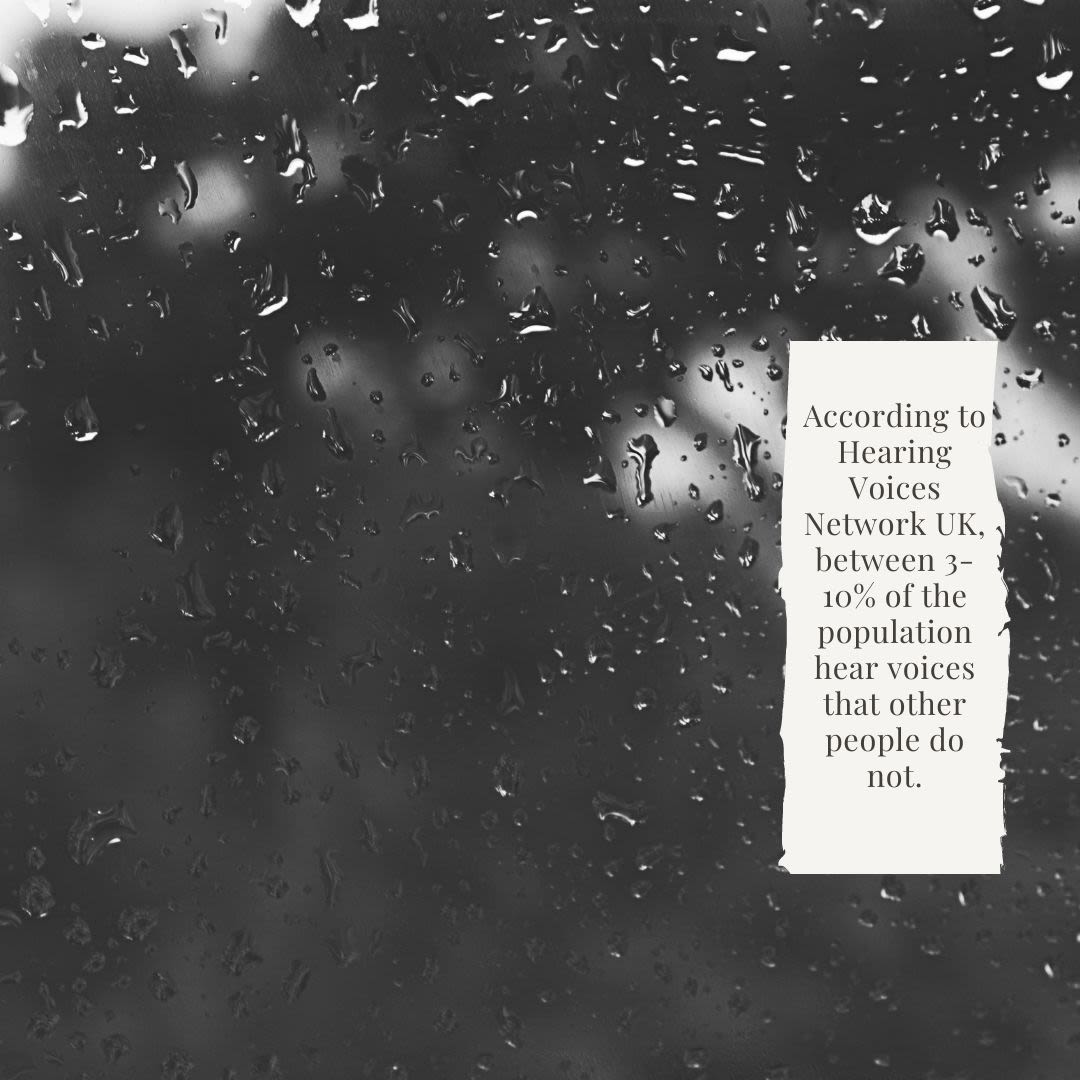

My family used to think I was possessed...
I used to constantly submit to whatever the voice prompted ...
In the heart of Manchester, Paul Baker co-facilitates ‘Hearing Voices’- a peer led support group, founded in the NIAMOS Radical Arts and Culture Centre for those who experience auditory hallucinations.
The aim of the group is to provide a safe space where people’s experiences can be listened to and validated...
The Hearing Voices approach is to try and engage with the voices...
Baker describes the group as an alternative to traditional therapy and medical treatment, which he feels mainly focuses on numbing auditory hallucinations rather than striving to understand them.
He notes that many people in the group experience voice hearing as both a positive and negative force in their lives- and a space where they can share, rather than suppress this is rare.
The Manchester group, founded two and a half years ago, is the first of its kind and has inspired similar groups in over 36 countries globally. It forms part of a larger community approach to wellbeing in Hulme, where the NIAMOS centre fronts an organic recovery learning centre tackling issues including psychiatric disorders, homelessness and trauma.
The group's approach is inspired by the issues Baker has identified within local NHS mental health services. He labels the Greater Manchester Mental Health Trust in Prestwich as problematic in some of its approaches to patients admitted with psychosis based symptoms such as auditory hallucinations. He criticizes its use of electroconvulsive therapy, which Greater Manchester Mental Health Trust has the fourth highest implementation of nationally.
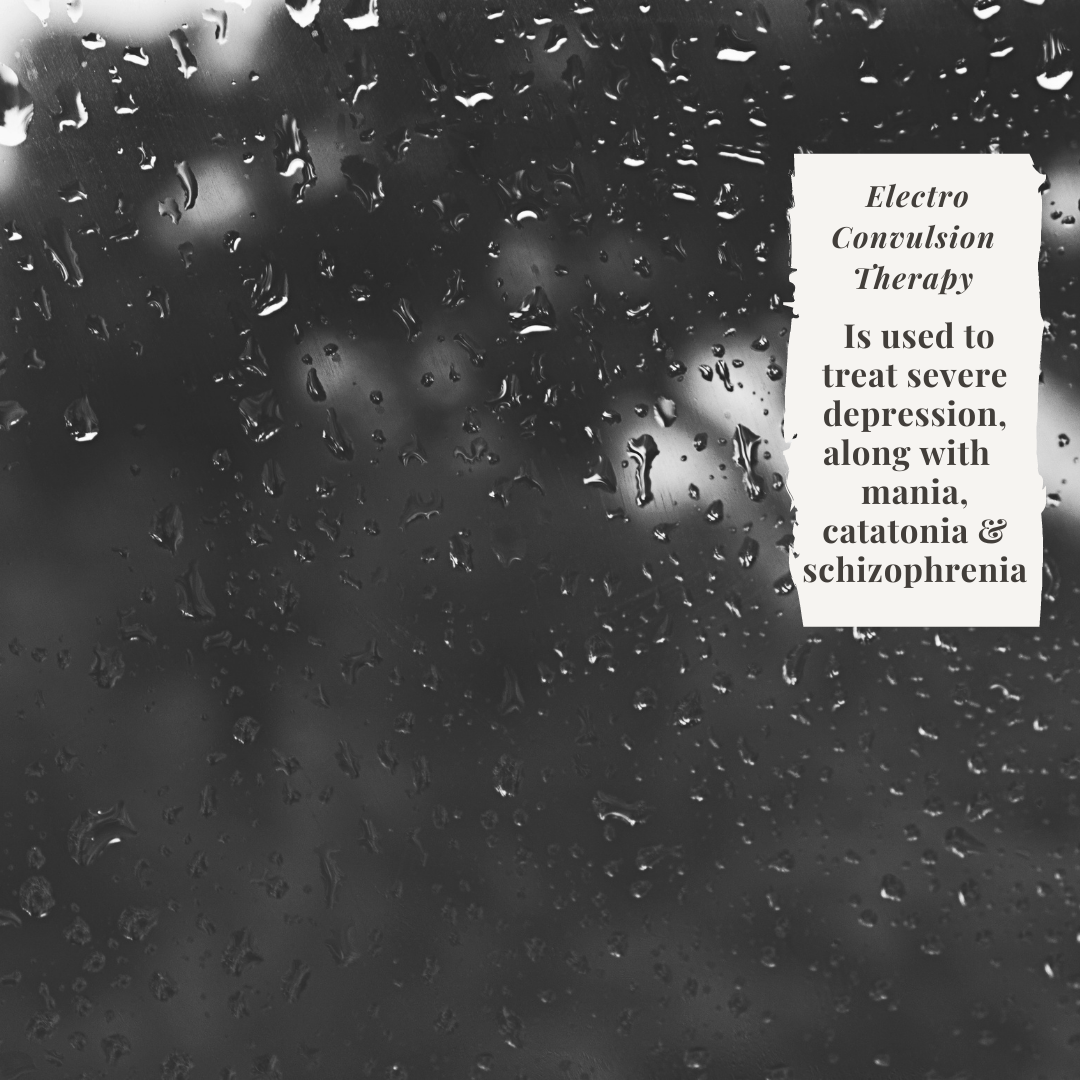
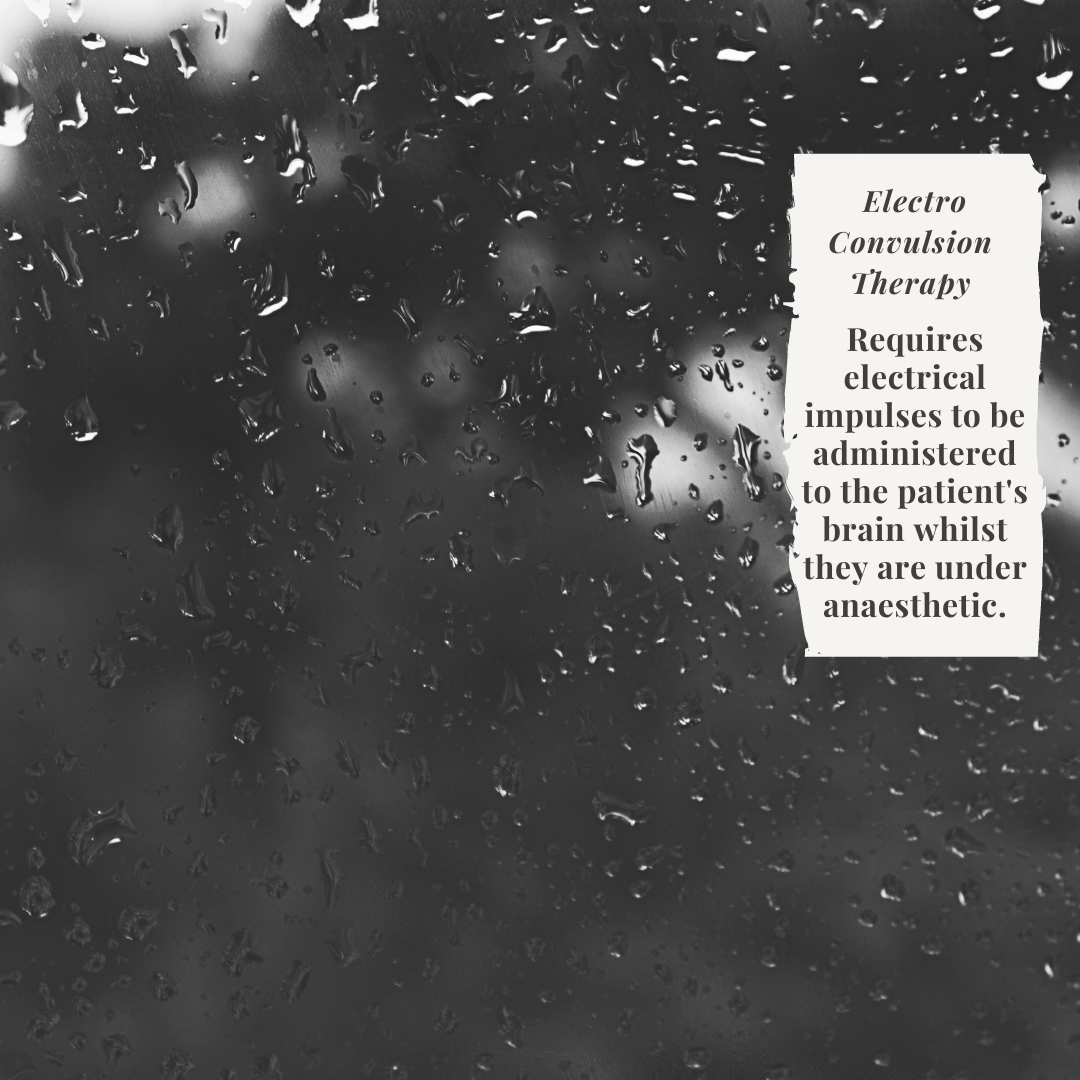
Controversy
In the 1960's and 1970's, ECT was used abundantly with a lack of proper understanding and administration. From 1985-2002, its use waned in the UK. In 2020, a peer reviewed study in the Ethical Human Psychology and Psychiatry Journal recommended the practice to be suspended due to the risk of memory loss.

The past decade has seen an increase in public awareness around mental health issues- yet hallucinatory experiences are still highly stigmatised. Hearing voices is a symptom often assumed to be synonymous with specific mental disorders like schizophrenia or BPD. This arbitrary assumption is caused by a lack of knowledge surrounding the phenomena, and often leaves voice-hearers feeling isolated and alone.
It makes others uncomfortable...
The realities of people who experience auditory hallucinations are still unacknowledged in public discourse. Google UK trends data from the past decade shows that whilst the frequency of searches for‘depression’ and ‘anxiety’ have skyrocketed, interest in ‘auditory hallucinations’ and ‘hearing voices’ has remained low.
What does it mean to hear voices?
There is a spectrum- hearing voices is a symptom, and it’s not the case that every time you hear a voice it’s a hallucination.
Voices from beyond the grave
Grief can be a common cause of temporal voice hearing, where the recently bereaved often hear the voices of the person they have lost.
Sufferers describe it as hearing the voice of a person completely external to themselves- except there’s no one there. They may know or not know the voices, and sometimes the voices can speak directly to them- telling them to do things, calling them names.
While general understanding of some mental health issues is increasing, so is the number of people currently seeking services being both, in Manchester and across the UK.
The Greater Manchester Mental Health Trust provides care for a vast amount of people- its services stretch from Bolton to Central Manchester, Wigan, Salford and Trafford.
Mental Health in Numbers
In 2018 1223 patients were admitted to GMMH under the 1993 Mental Health Act, which deems that in certain emergency situations people can be detained and treated against their will.
By the end of 2020, this figure had risen by 20%, with 1470 adult patients admitted that year.
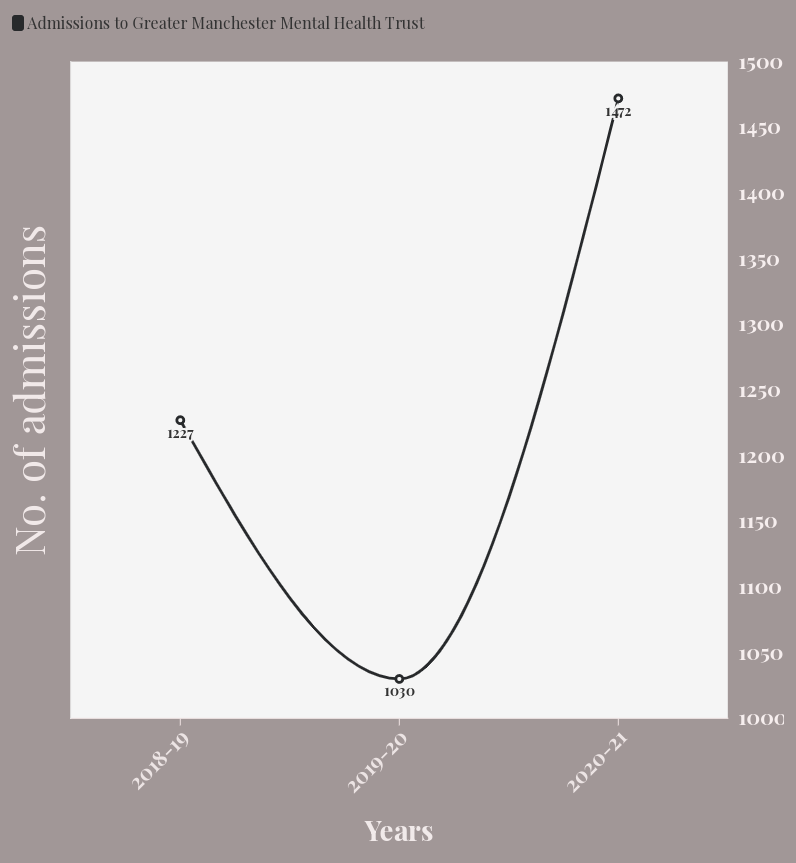
This trend has continued nationally during, and beyond the pandemic.
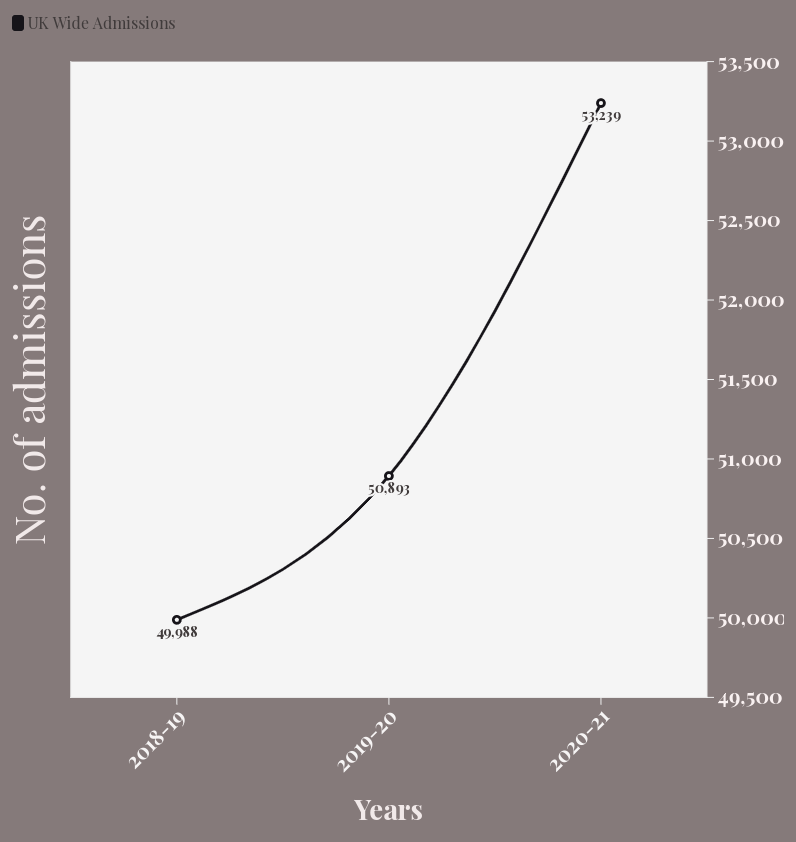
With the demand for mental health services higher than ever on a local and national level, the Hearing Voices group decided to take matters into its own hands.
So far, its members have reported feelings of companionship, and connectedness as a result of the weekly meetings.
All hope to continue on their journey of understanding and managing the voices they live with.
